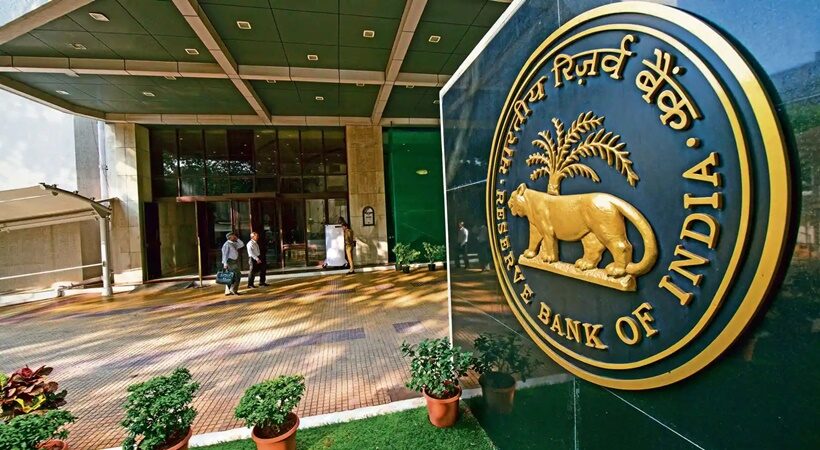In India, the central bank ie RBI views cryptocurrencies with suspicion, saying they threaten the country’s banking system and are comparable to investment fraud.
This became apparent recently when Indian central bank officials voiced their concerns about cryptocurrencies’ impact on the country’s financial system to the BJP-led Modi government. The comparison of digital assets to Ponzi schemes is reflective of long-held criticisms of the asset class.
RBI Says Crypto Similar To A Ponzi scheme
T. Rabi Sankar, chairman of the Reserve Bank of India (RBI), criticized the industry during a banking conference speech on Monday. The governor of the Federal Reserve reportedly claimed that cryptocurrencies undermine both financial sovereignty and integrity because they lack the “intrinsic value”.
According to Sankar, “We have also realized that cryptocurrencies do not qualify as currencies, assets, or commodities; they are akin to Ponzi schemes and even worse; there is no underlying cash flow and no intrinsic value.”
An investment scheme in which investors’ returns are funded by money collected from new investors is known as a Ponzi scheme.
These schemes lack a business model, so they are prone to collapse once investors stop piling into the “business”. At this point, the organizers disappear with investors’ money.
In the event of such comparisons to Ponzi schemes, it is interesting to note that even Warren Buffet has accused Bitcoin and cryptocurrencies of being ‘false’ investments. Buffet says that investors are not putting money into productive work, but simply “hoping the next guy will pay more” for their holdings.
Also, Schiff – a renowned economist, gold bug, and anti-Bitcoin – prefers physical gold to what’s often referred to as “digital gold” for the same reason. Since gold has industrial applications, it has a form of “intrinsic value,” which prevents its price from plummeting to zero.
Crypto VS Financial System
In contrast to the RBI governor’s assessment, Russian authorities have regulated cryptocurrencies as “an analogue to currencies.” Their central bank shares the RBI’s hostility in seeking a ban on cryptocurrencies. Sankar concluded that cryptocurrencies could disrupt monetary authorities, banking systems and, generally, the ability of governments to control the economy.
Based on similar claims, last month El Salvador was called upon to remove Bitcoin as legal tender by the International Monetary Fund. They saw it as a threat to financial stability and market integrity.



















